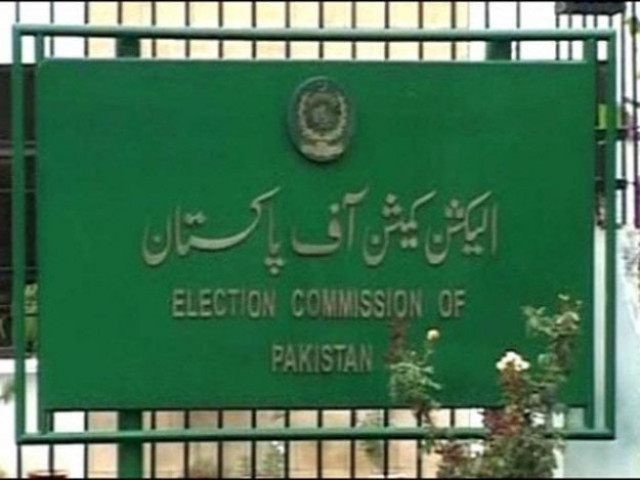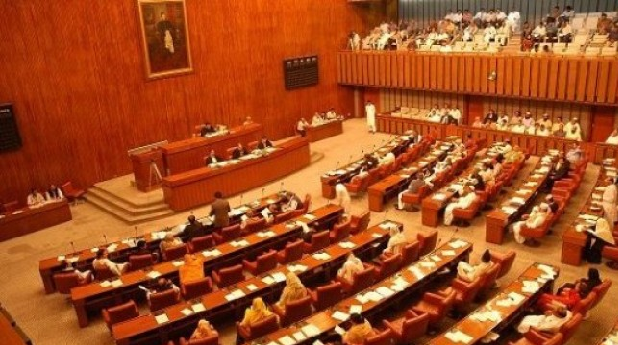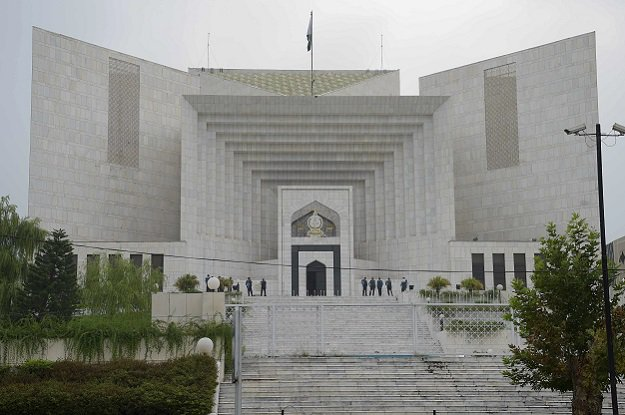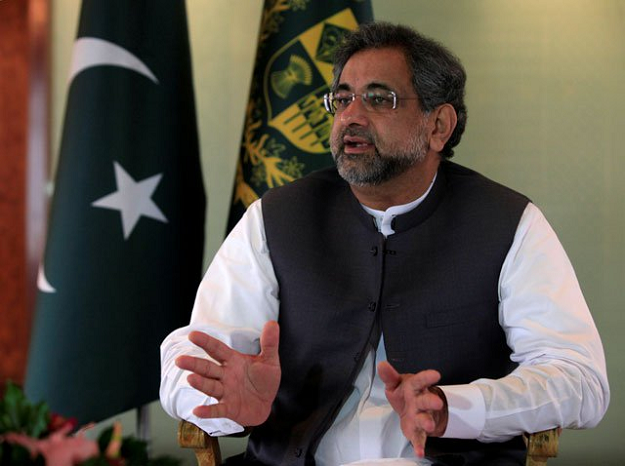Parliament in focus: 2017 a year of electoral reform
Parliament gave military courts another two years extension

PHOTO: File
The act is comprised of a set of laws which facilitate several changes that stir up the otherwise stagnant status quo of the election process. Though the documents’ first drafts were drawn up in August 2014, due to controversies, several bottlenecks and a siege, the act has only been finalised this month.
Khatm-e-Nabuwwat clauses: NA unanimously passes amendments to Election Act 2017
Though adopted immediately after its first draft, Parliament sent the Election Act back for amendments within days. In the earlier drafts, one of the bill’s provisions pertaining to a fundamental Islamic statute was removed, causing great turbulence and controversy throughout the country. Many decried the new bill as un-Islamic, but Law Minister Zahid Hamid confirmed that the clause regarding the Finality of the Prophethood had not been expunged from the Election Act. Despite this, there was severe backlash and the bill was retracted.
A specification aimed at the average voter has also been added to the document, whereby now, should there be any doubt as to the voter being Muslim, the accused voter would have to provide an affidavit proving their faith.
You make policy, we follow it, Gen Qamar tells parliament
Many believe that these reforms are long overdue and will enable the electoral commission to be more transparent in the upcoming general elections, scheduled to take place at the end of July or beginning of August 2018. The upcoming elections will test the mettle of the current parliament which has passed several new laws, as well as amended numerous preexisting ones in regards to it.

The Election Commission of Pakistan (ECP) has been given full financial as well as partial administrative autonomy. In the upcoming year, the budget allocated to the ECP will be treated as a charged expenditure; a special category in the finance bill for which no voting is required. Members of the National Assembly are permitted to debate the budget but they cannot deduct from the funds allocated to the constitutional body, which will grant the ECP financial sovereignty.
Additionally, the ECP has been empowered to take action against any official it hires for election duty in case of misconduct. Due to the organisation needing hundreds of thousands of employees from different companies for election duties during general polls, this authority facilitates accountability within the process, as well as within the management.
Delimitation of constituencies according to 2017 census under way
The ECP further demanded to extend this authority to discipline any individual or organisation that failed to follow ECP directives, and not simply election officials performing electoral duties. This demand was partially met, as the ECP now has the jurisdiction to take action against any government official, particularly returning officers (RO), found to be breaching ECP rules.
During the last general elections in 2013, despite ROs being accused of malpractice, no action could have been taken against them as under the previous law, the ECP was only authorised to send complaints to the parent departments of these officials.
After the enactment of the new reforms by the ECP, its decisions and actions can only be challenged by the Supreme Court of Pakistan, making its judicial powers on par with a high court. The electoral code of conduct has been given legal cover. ECP watchdog groups will now be able to impose fines of up to Rs50,000 in the event of lighter violations, and the more serious transgressions would lead to disqualification of candidates who continue to defy the code of conduct.

CEC convenes meeting on general elections 2018
The election authorities are required to finalise and publicise the complete polling scheme four months before the scheduled dates of general polls.
Despite not being able to utilise electronic voting machines during these elections, the security features have been amplified by introducing uniquely designed, watermarked ballot paper. The law restricts these papers being printed anywhere but the official printing press of the state.
Due to the vast discrepancy between male and female voters (with 12 million more male voters than female), the ECP has aimed to encourage women voters by introducing a new reform which mandates no less than 10 per cent of the total votes in the constituency being cast by women. Failing to meet this standard will result in the entire constituencies votes being annulled.
2018 elections: ECP to ensure women’s participation in polls
Though this might force re-polling in several districts, it will assure women voter turnout in the long-run, and discourage the practice of barring them from going to the polling stations via secret deals in conservative constituencies. Similarly, every political party is required to reserve at least 5 per cent of its general election tickets for women.
There are several new challenges to these reforms, as it will test the ECP’s efficacy in implementing and enforcing them. Hopefully, it can no longer complain of its legal framework being ‘toothless.’
The other important legislative task parliament has performed in March of this year was to give the military courts another two-year extension. These special courts were established to try hardcore militants, after a gruesome terrorist attack on Army Public School in Peshawar on December 16, 2014.
Abbasi at the helm

The National Assembly also elected a new prime minister in a smooth transition after former Prime Minister Nawaz Sharif was disqualified as a member of the National Assembly. In its last parliamentary year, the National Assembly also faced its worst attendance issues. On the other hand, the upper house of parliament appeared to be asserting itself by adopting many resolutions and conducting healthy debates on issues of national importance. The biggest achievement of the Senate was inviting the top military brass for a briefing followed by a question-answer session in December.



















COMMENTS
Comments are moderated and generally will be posted if they are on-topic and not abusive.
For more information, please see our Comments FAQ